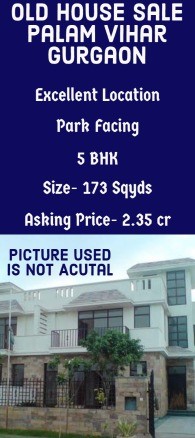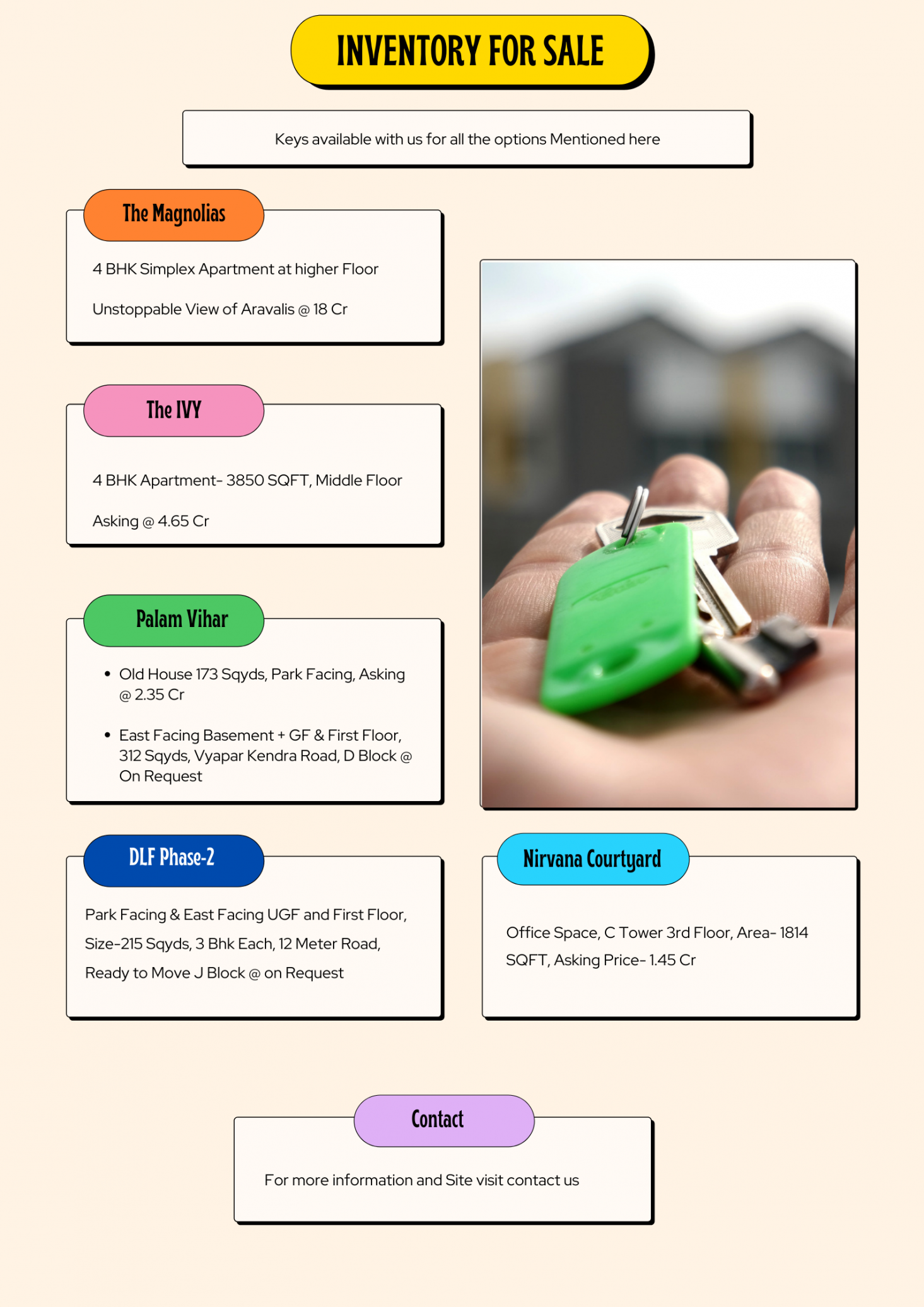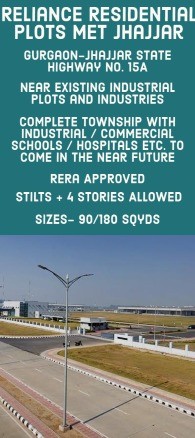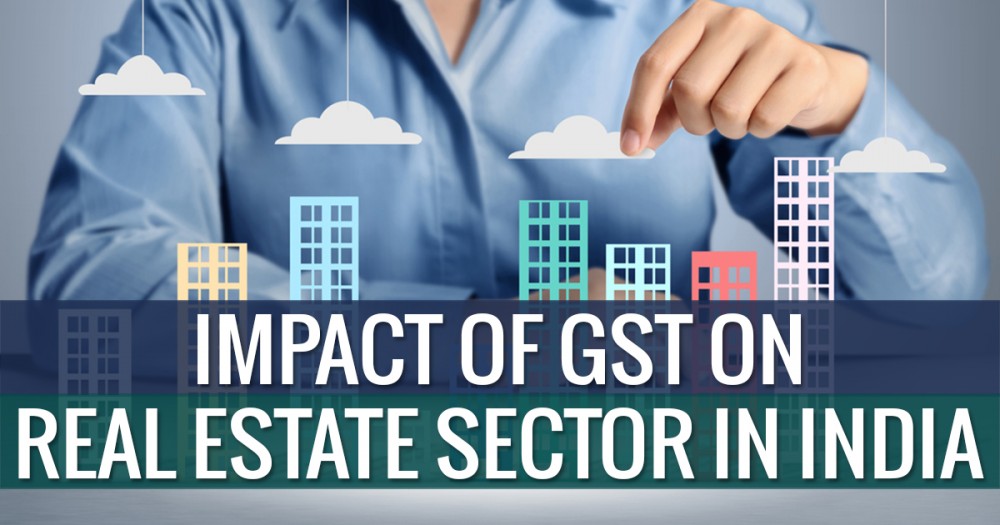The provision of GST Act will consider renting out a real estate property as just supply of services and it would come under the domain of GST. But if the property is used for residential purpose and is rented out, it would be exempt of GST. In case the property is rented out for business or commercial purpose, 18% GST would be charged if the annual income of landlord (by providing services) is exceeding Rs. 20 Lakh. 18% GST is also charged on the brokerage services if the annual income of broker (by providing services) is exceeding Rs. 20 Lakh.
Do the stamp duty and other government charges vary according to the building’s age in Mumbai on secondary purchase? What will be the changes? Stamp duty is actually estimated on the property’s contract value or the reckoner value of the property, whichever is more, and is levied at 5% of base rate in Mumbai. For secondary transactions, no concession is provided. You should also keep in mind that various factors have been considered by the registrar while calculating the reckoner value, for example purpose of property (residential or commercial), property type
(independent house or flat), and depreciation of property. It also includes the depreciation compared with the age of building. For example, old building calls for lower value when depreciation is charged.
Will the government’s order to link Aadhar to property transaction benefit us?
How a middle class buyer will benefit from it?
It has become mandatory to link Aadhaar to real estate transactions after demonetization as it is vital to control black economy and to help curb the ‘Benami’ properties. There is a significant decline of transactions of Benami properties after this rule. It is expected to cut the real estate market speculations and to keep control on the inflation of real estate prices. So, properties will be made more affordable for home buyers from middle class background.










